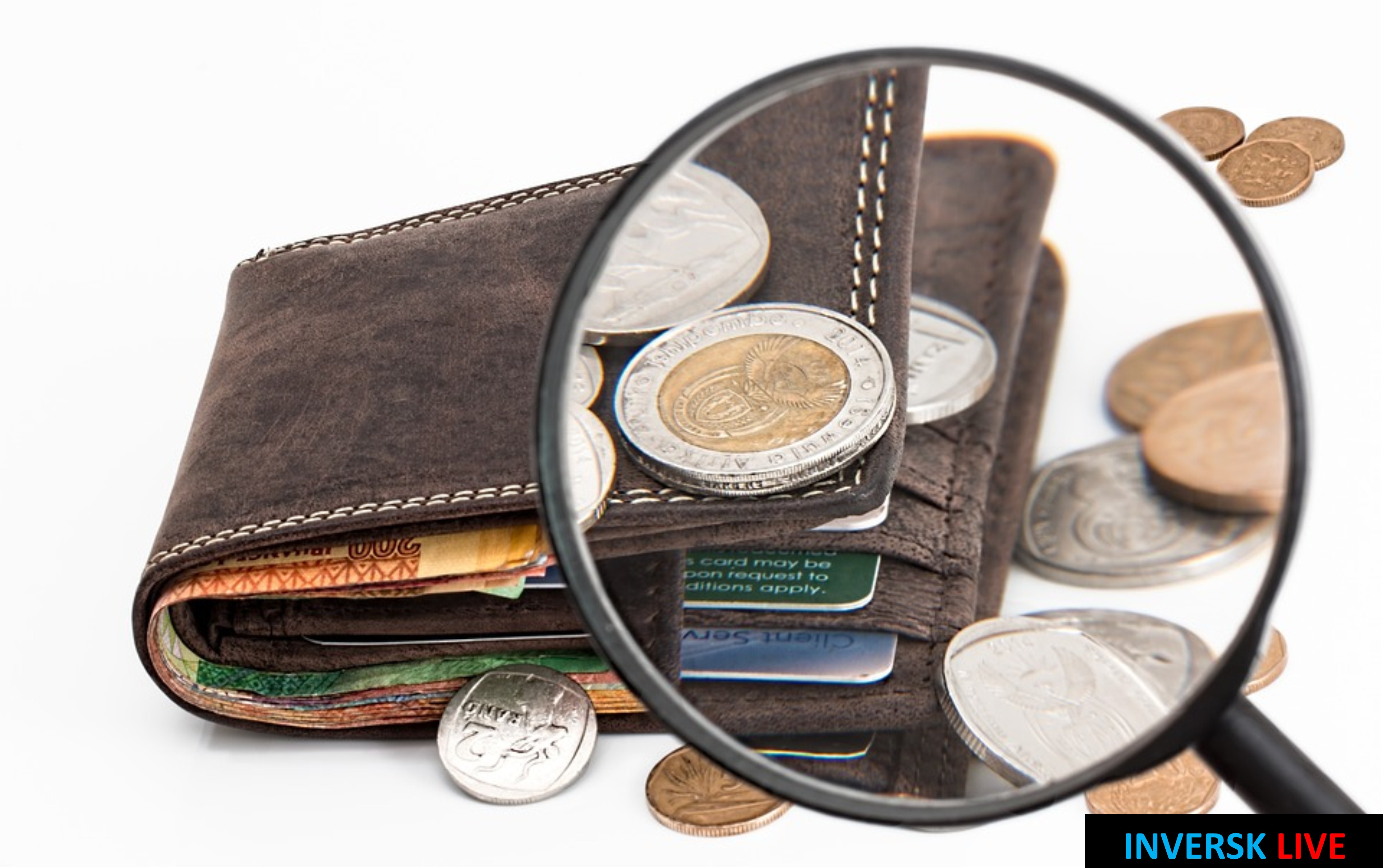Finance
6 Ways You Can Organize Your Money Well

You have no choice as to when bacteria will decide to strike you or your ageing mum. An accident comes on or from the way to happy. Nature’s fury has a way of visiting when we least expect and to restoring our lives after these catastrophic acts require us to spend cash, the elusive shilling.
Emergencies are a normal way of life. After a few years on this planet, you start realizing that finance has cycles. There is a time when you have a relatively good amount of stash and sooner than later, you are struggling big time to pay your fees or even matatu fare to work, forget having lunch.
Wisdom dictates that we must get thoroughly organized in order to comfortably ride these dragons of uncertainty, or rather, iron out the financial bumps before they turn fatal. To succeed, all that is required is the will and a little discipline; broadly, the concepts below should help you manage better.
- Budget and review your plans quarterly
You should already be having your 2019 budget, somewhere, be it in a book or paper or system, it should have already started guiding you on where your money is coming from and what you are spending it on.
If you don’t have, it is not late, create one tonight.
Once a quarter, review this budget and determine where you require rebalancing or rationalizing and determine what actions you need to take in order to improve your financial stability.
- Track your finances and the associated paper work
Although the world is moving digital, most governments still expect to see manual backups for transactions while inspecting tax returns. As a taxpayer, you have to comply; you can whine as to why we have a digital president and deputy but an analogue government, once you are tired complaining, keep those receipts, contracts and payrolls, the government only understands the manual language for now.
You can keep scans of your manual receipts online, indexed for ease of retrieval for yourself and your business in order to avoid spending hours on end going through manual papers when answering to queries from your stakeholders.
Every quarter, clean the files and determine which records require to be kept longer and which ones should be discarded.
Classifying your expenses and incomes into distinct groups helps you easily discern patterns and movements in a group and helps you specifically target that group for correction. Some expense clusters include groceries, school fees, insurance, loan repayments, while incomes could be employment, business, investment, royalty incomes etc.
While filing, whether electronic or manual, these groups should be maintained to ensure that documentation related to each group is in the right place.
For efficient record management, keep three folders, for pending bills, paid bills and other financial records and file these away once monthly. Once a bill is paid, move it from the pending bills folder to the paid bills folder.
- Old school is only fashionable in music.
In our current times, rushing to the bank to transfer money into your savings account or pay a bill is old school. Indeed, all financial processes, be it earning, saving, spending or banking are now automatable by banks and Techie companies. You can apply for a loan online, spend the whole of it without setting your foot in a banking hall. Embrace mobile and internet banking to make your life easy and live in the new school.
- Create a monthly bill list
Missing to pay a bill can result in serious business or personal interruption, especially if it is a critical raw material like power, water or courier services. A monthly check list should help you know what has been paid and what is pending, which is critical in the smooth running of your finances and avoiding penalties and interest due to late payment.
- Date your money once a week.
We only date important things in our lives, a girl or a boy will receive your time because they merit. Your money is equally important, set time a side in your schedule to keep up with your chums once a week. During the date, update your records as to what you have earned and paid and analyze what is pending.
Set aside one of these dates each month to be the time you pay your bills, ensuring to write the cheque or Mpesa or online banking reference on the invoice and filing the bill away neatly. Be innovative on how you record these details on your online files.
- Have a financial buddy
Twice annually, have a chat with a financial partner and discuss how you are doing with your money. This will help you bounce ideas on someone else and also have this external person look at your process and offer free advice on how to improve.
Being organized at your work, school or home creates impressions of neatness and space, hence your finance burdens will feel a lot easier when meticulously arranged. The ultimate aim of financial organization is not just keeping neat budgets and records, but managing your money so that you can meet your life expenses with minimal stress. The ultimate aim is financial freedom.
The writer is passionate about all kinds of liberties; mental, financial, spiritual, sexual etc; a world full of prejudice due to lack or misuse of these things is a captive world.










